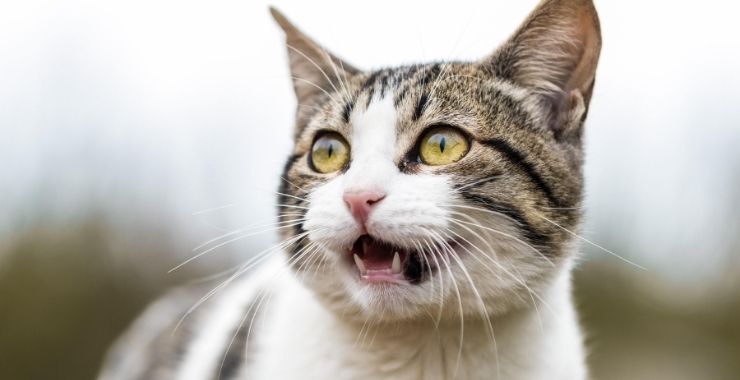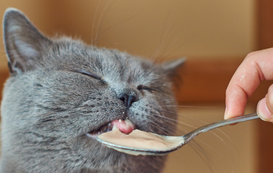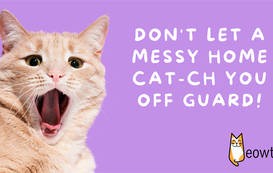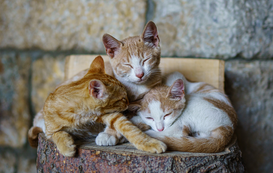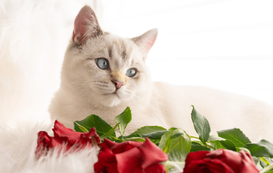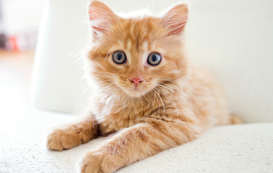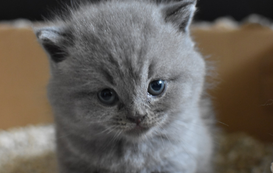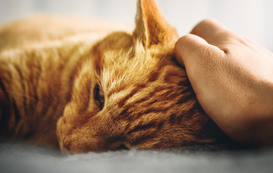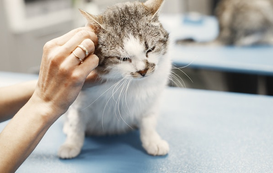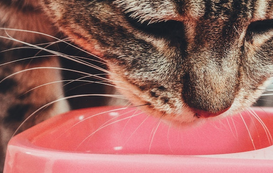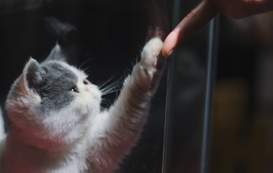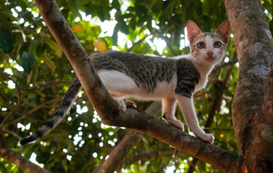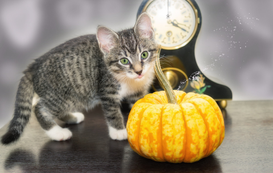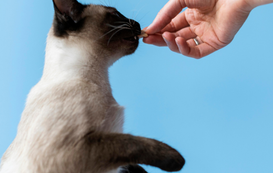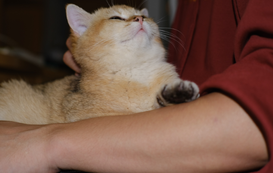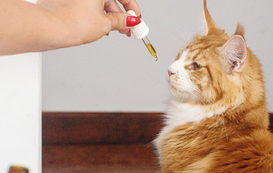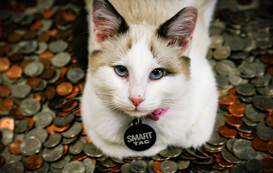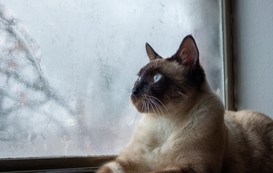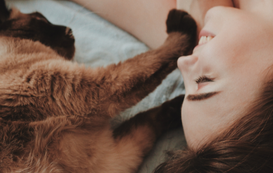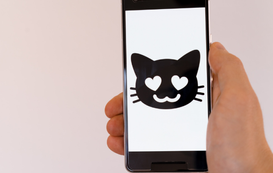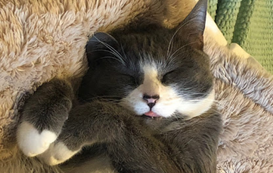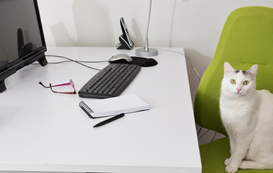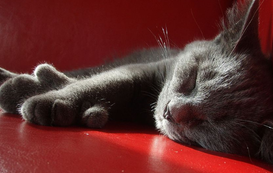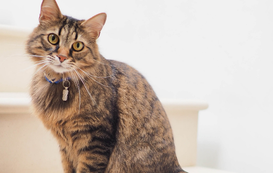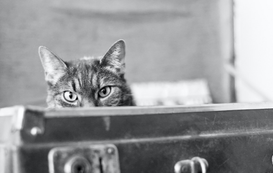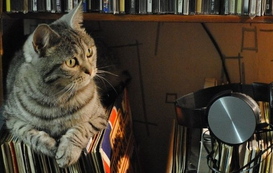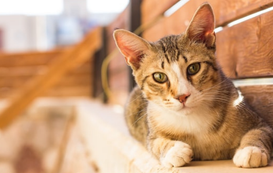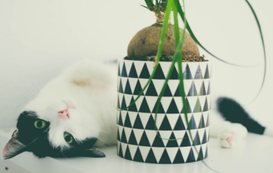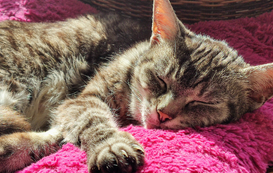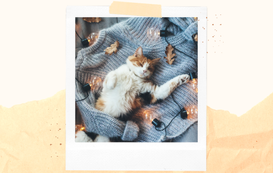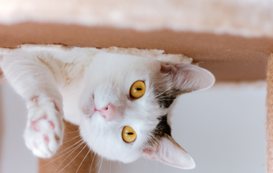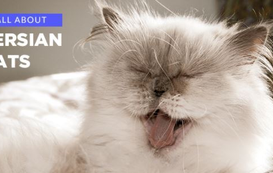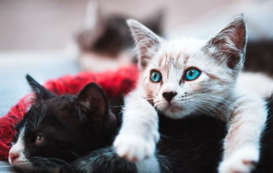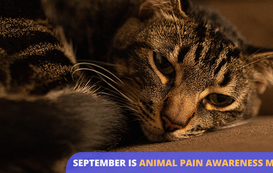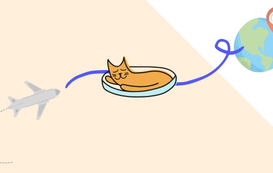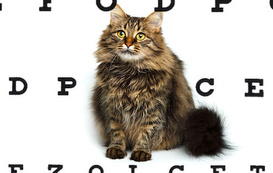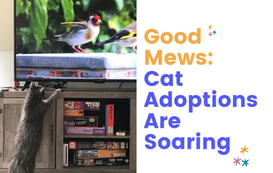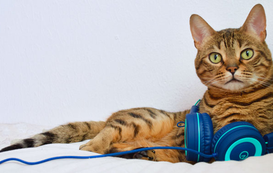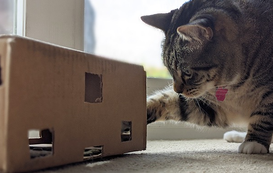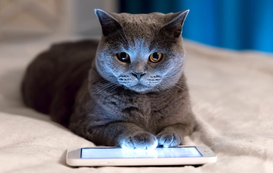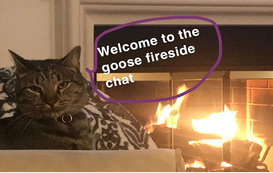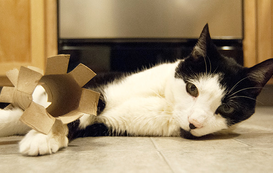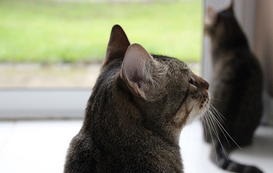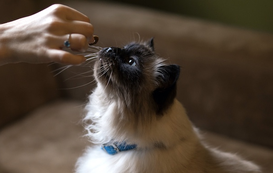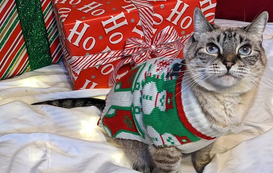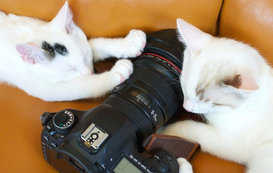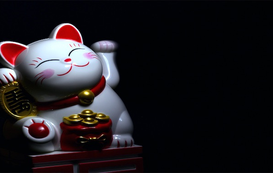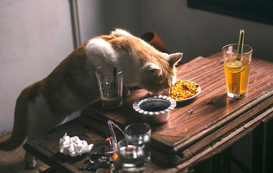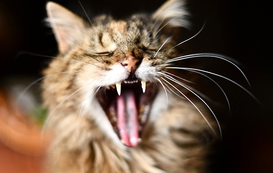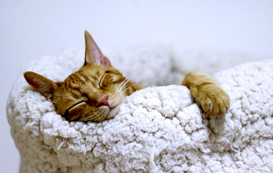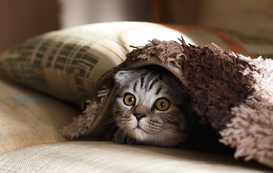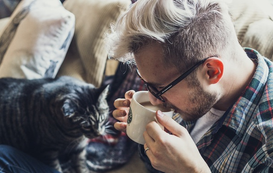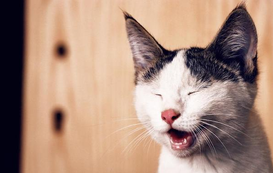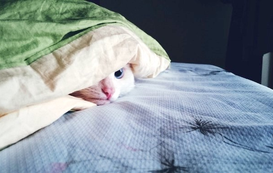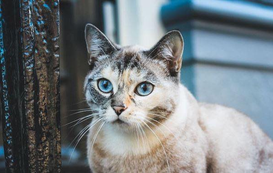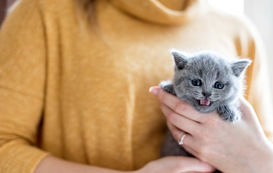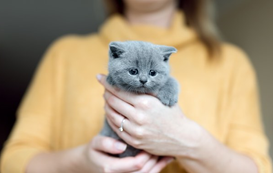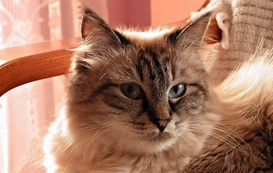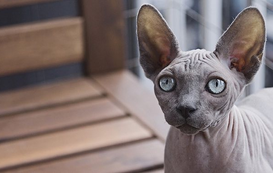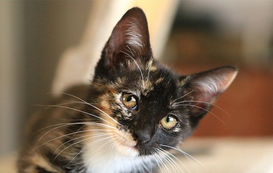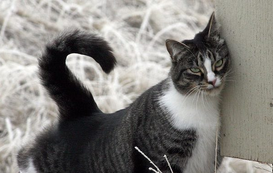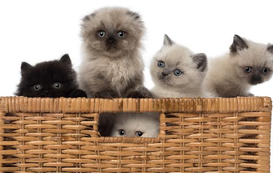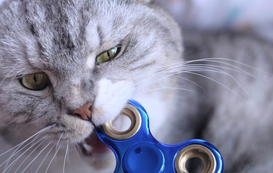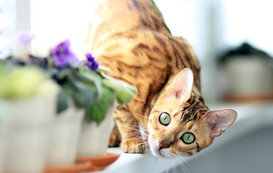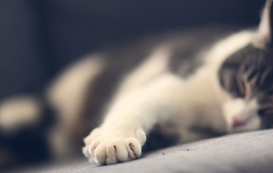Open-mouth breathing in cats is a common phenomenon, but if you've never seen it before, it can be alarming to watch a cat pant with its mouth open wide. Seeing any kind of abnormal behavior is cause for concern, and cats don't pant as often as their canine counterparts do.
In most cases of open-mouth breathing or "cat panting," cats will calm themselves down. However, if your cat seems overly stressed or is having trouble breathing, contact your vet right away. As a cat parent, you know your furry friend best. If anything seems off or abnormal for your cat, it's best to be safe and make the call so that you can be sure of what's going on.
In general, cats pant when they're hot, anxious, or stressed, though they can also do so from problems related to health or aging. With open-mouth breathing, context is critical - it isn't an atypical response if your cat has just finished exercising, for instance. Still, it may be an alarming response otherwise. If your cat doesn't calm itself down after a short time, it may be necessary to seek help from a professional.
So what should I do if my cat is panting?
If your cat is panting, watch them closely and note what they were just doing: Were they just exercising outside on the leash? Or are they in a new place or a stressful situation? As another example, many cats will breathe with their mouths open when traveling in a car - a stress-related response due to being unaccustomed to the moving vehicle.
Determining why your cat is panting in a given situation depends entirely on the specifics of that situation.
Knowing what to do can seem daunting, but again, trust your relationship with your cat and pay attention to how they're acting. If you are unsure, call your veterinarian for advice or a visit - they're a professional and should be able to help you figure out why your cat is open-mouth breathing.
You can also keep your eyes out for a couple of red flags:
1. The panting does not subside after several minutes
Although open-mouth breathing or panting is normal from time to time, it is not normal for cats to keep panting after several minutes. After exercising or a stressful event, cats should return to normal breathing after just a few minutes. If they continue open-mouth breathing, it could signal a deeper underlying problem, like a heart or lung condition or something else serious. In these cases, you'll need to take your cat to the vet as soon as you can to find out what may really be going on.
Feline dyspnea is a veterinary term signaling a difficulty in breathing. It may be related to several cat disorders and diseases. Open-mouth breathing is a very common symptom of many of these diseases for obvious reasons - it's a sign of respiratory difficulty or stress. If it's ongoing for weeks or months, a vet can help you figure out the actual underlying problem.
2. The panting happens in a stressful environment or after a specific event
If your cat has a pattern of open-mouth breathing after a specific event (i.e., loud noises in/around your house, traveling, other animals, etc.) but can calm themselves down after a time, it may simply be best to limit your cat's exposure to that event or thing.
Traveling with your Cat
Traveling is another event that's often difficult and causes stress to cats, sometimes even open-mouth breathing. In this scenario, you can at least be confident about why your cat is panting, but it still isn't ideal to watch your little furball meow and be stressed out.
When driving in a vehicle, keeping them in a crate may be the best way to keep them calm and help them feel safe, even if they don't necessarily like going in the crate. For particularly long car rides, they'll typically get used to the feeling of being in the car after awhile and begin to calm down.
Whether traveling in a car or on a plane with your cat, it can be helpful to provide them with calming treats, pheromones, or cat CBD to help calm them down. Your vet may recommend sedatives to help keep your cat relaxed for longer trips.
Open-Mouth Breathing: Patterned or Once in a While?
It's essential to ask yourself if open-mouth breathing or panting is a patterned behavior or if it simply happens once in a while due to a specific event. If you see a pattern every time something stressful happens in your household, you may want to think about taking your cat to the vet to have them checked out. If they pant once in a while after exercising, let them calm down on their own, but be sure to offer them water and a cool place to relax. If they don't calm down after a little while, it's probably time for a vet visit.
Again, you know your cat best of all. A considerable part of cat parenting is your relationship with your cat. Effectively navigating that relationship will give you a good perspective on your cat's behavior. When your cat pants, think about if they have a history of it or not, and use your best judgment. And if nothing else, don't be afraid to call your vet for advice.
Photo by Ariana Suarez via Unsplash
Ready to ensure your kitty is calm and cared for, even when you're away? Find a cat sitter on Meowtel today!

